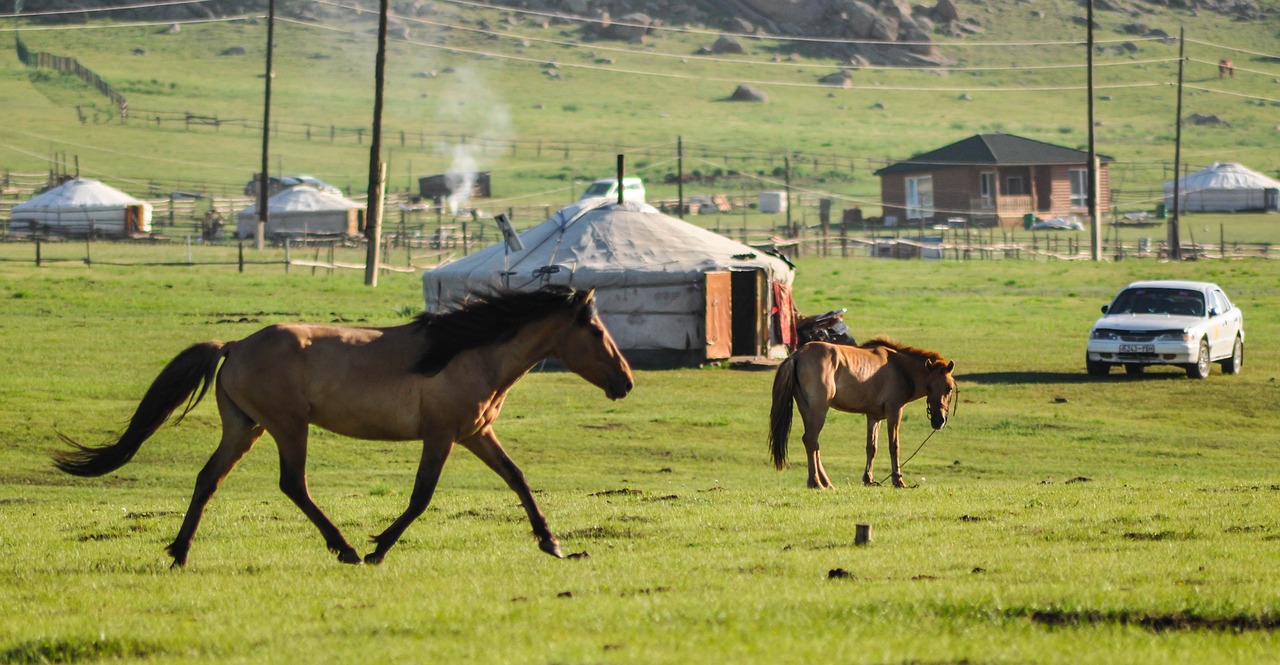Mongolia Video
Navigating Local Taxes and Business Regulations in Mongolia
Mongolia, a landlocked country in East Asia, offers numerous opportunities for entrepreneurs and businesses. However, like any other country, understanding and complying with local taxes and business regulations is crucial for success. This article aims to provide a comprehensive guide to navigating the complexities of local taxes and business regulations in Mongolia.
Overview of Mongolia’s Tax System
Mongolia operates under a self-assessment tax system, where taxpayers are responsible for calculating and reporting their own taxes. The tax system in Mongolia is primarily governed by the General Taxation Law (GTL) and various tax regulations issued by the General Department of Taxation (GDT).
- Corporate Income Tax: Corporate income tax in Mongolia is currently set at a flat rate of 10%. This tax is applicable to both resident and non-resident entities operating in Mongolia. It is important to note that there are specific rules and regulations governing the taxation of certain industries, such as mining and petroleum.
- Value Added Tax (VAT): VAT is levied on the supply of goods and services in Mongolia. The standard VAT rate is 10%, with certain goods and services being subject to a reduced rate of 5% or exempt from VAT. Businesses are required to register for VAT if their annual turnover exceeds a certain threshold.
- Personal Income Tax: Personal income tax is imposed on the income of individuals in Mongolia. The tax rates range from 10% to 25%, depending on the income bracket. Individuals are required to file an annual tax return and pay their taxes by a specified deadline.
- Customs Duties: Customs duties are imposed on imported goods entering Mongolia. The rates vary depending on the nature of the goods and their classification under the Harmonized System (HS) code. Importers are responsible for paying customs duties and complying with customs regulations.
Business Registration and Licensing
Before starting a business in Mongolia, it is essential to register the company and obtain the necessary licenses and permits. The registration process typically involves the following steps:
- Choose a Business Structure: Decide on the appropriate legal structure for your business, such as a sole proprietorship, partnership, or a limited liability company (LLC).
- Name Reservation: Reserve a unique name for your company with the relevant authorities to ensure it is not already in use.
- Prepare Required Documents: Gather the necessary documents, such as identification documents, articles of association, and lease agreements.
- Register with the State Registration Office: Submit the required documents to the State Registration Office and pay the registration fee. Once approved, you will receive a certificate of incorporation.
- Obtain Business Licenses: Depending on the nature of your business, you may need to obtain additional licenses or permits from the relevant government agencies.
Employment Regulations and Social Security
When hiring employees in Mongolia, businesses must comply with the country’s employment regulations and social security requirements. Key considerations include:
- Employment Contracts: Employers are required to have written employment contracts with their employees, outlining the terms and conditions of employment.
- Minimum Wage: Mongolia has a minimum wage requirement, which is subject to periodic adjustments. Employers must ensure they meet the minimum wage standards.
- Social Security Contributions: Employers and employees are required to contribute to the Social Insurance Fund, which provides benefits such as pensions, healthcare, and unemployment benefits.
- Work Permits: Non-Mongolian nationals employed in Mongolia must obtain work permits, which are issued by the relevant government authorities.
Intellectual Property Rights
Protecting intellectual property rights is crucial for businesses operating in Mongolia. The country has a legal framework in place to safeguard intellectual property, including trademarks, patents, copyrights, and industrial designs. Businesses should consider the following:
- Trademark Registration: Registering trademarks with the Intellectual Property Office helps protect brand names, logos, and other distinctive signs.
- Patent Protection: Inventors can seek patent protection for their inventions to prevent others from using or commercializing their ideas without permission.
- Copyright Registration: Registering copyrights with the Intellectual Property Office provides legal protection for creative works such as literary, artistic, and musical works.
- Industrial Design Registration: Registering industrial designs protects the visual appearance of a product, including its shape, pattern, or color.
Environmental Regulations
Mongolia has environmental regulations in place to protect its natural resources and ensure sustainable development. Businesses should be aware of the following:
- Environmental Impact Assessments (EIAs): Certain projects and activities, particularly those with potential environmental impacts, may require an EIA before they can proceed.
- Waste Management: Businesses must comply with waste management regulations, including proper disposal and recycling practices.
- Natural Resource Extraction: Industries involved in natural resource extraction, such as mining, must adhere to specific regulations and obtain the necessary permits.
- Environmental Permits: Depending on the nature of the business, certain activities may require environmental permits from the relevant authorities.
Investment Incentives and Special Economic Zones
Mongolia offers various investment incentives and special economic zones to attract foreign investment and promote economic growth. Some key initiatives include:
- Investment Stability Agreement: Foreign investors can enter into an Investment Stability Agreement with the government, providing protection against adverse changes in legislation for a specified period.
- Special Economic Zones (SEZs): SEZs offer tax incentives, streamlined regulations, and infrastructure support to businesses operating within designated areas.
- Free Trade Zones (FTZs): FTZs provide benefits such as customs duty exemptions and simplified customs procedures to encourage international trade.
Mongolia Image 1:

Tax Compliance and Reporting Obligations
To ensure compliance with local tax regulations, businesses in Mongolia must meet their reporting obligations and maintain accurate financial records. Key considerations include:
- Annual Financial Statements: Companies are required to prepare annual financial statements in accordance with Mongolian Accounting Standards.
- Tax Returns: Businesses must file tax returns with the General Department of Taxation, reporting their income, expenses, and tax liabilities.
- Record Keeping: Maintaining proper accounting records and supporting documentation is essential for tax compliance purposes and potential audits.
- Audit Requirements: Certain businesses may be subject to mandatory audits, depending on their size and industry.
Mongolia Image 2:

Conclusion
Navigating local taxes and business regulations in Mongolia is a critical aspect of operating a successful business in the country. Understanding the tax system, complying with registration requirements, and adhering to employment and environmental regulations are key to ensuring legal and sustainable operations. By staying informed and seeking professional advice when needed, businesses can thrive in Mongolia’s dynamic and promising business landscape.
References
– General Department of Taxation (taxation.mn)
– Invest Mongolia Agency (investmongolia.gov.mn)
– Mongolian Intellectual Property Office (ipomongolia.gov.mn)
– Ministry of Environment and Tourism (met.mn)
– Ministry of Foreign Affairs (mfa.gov.mn)


